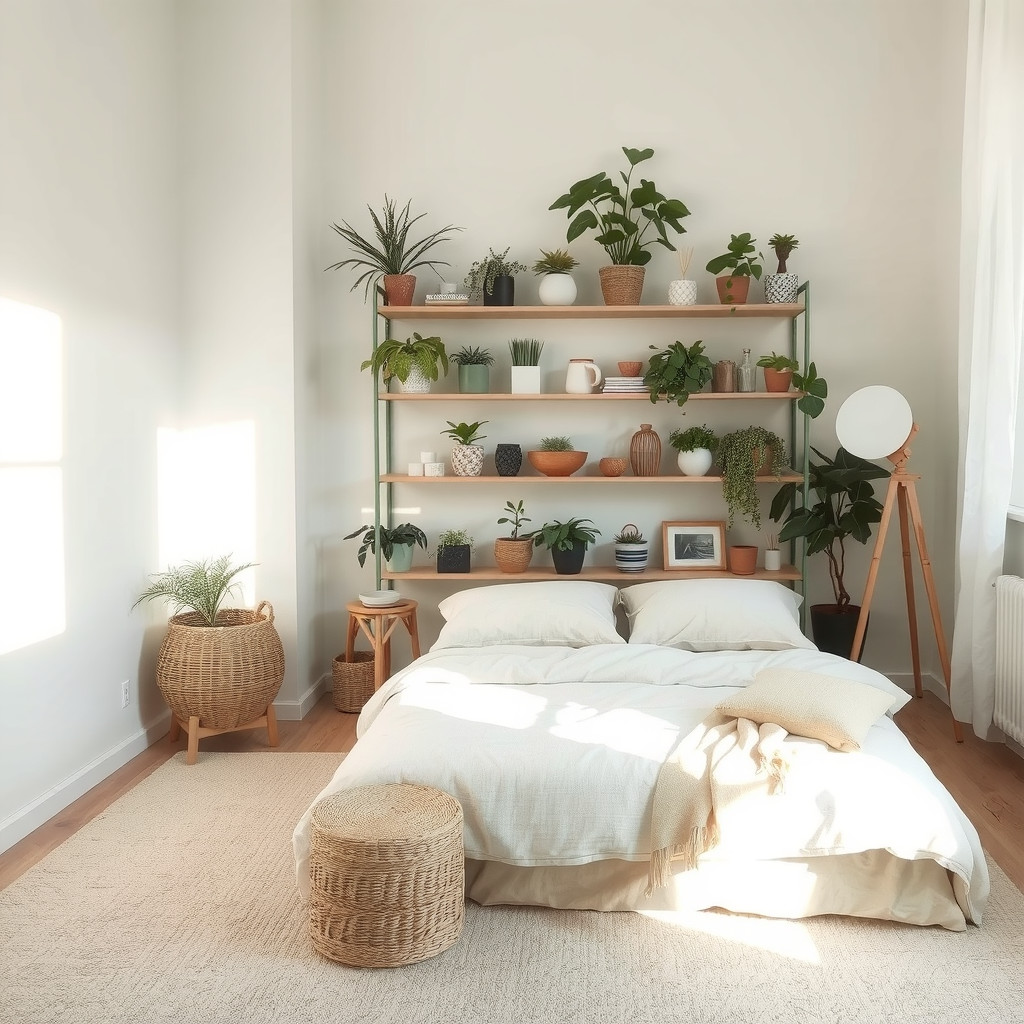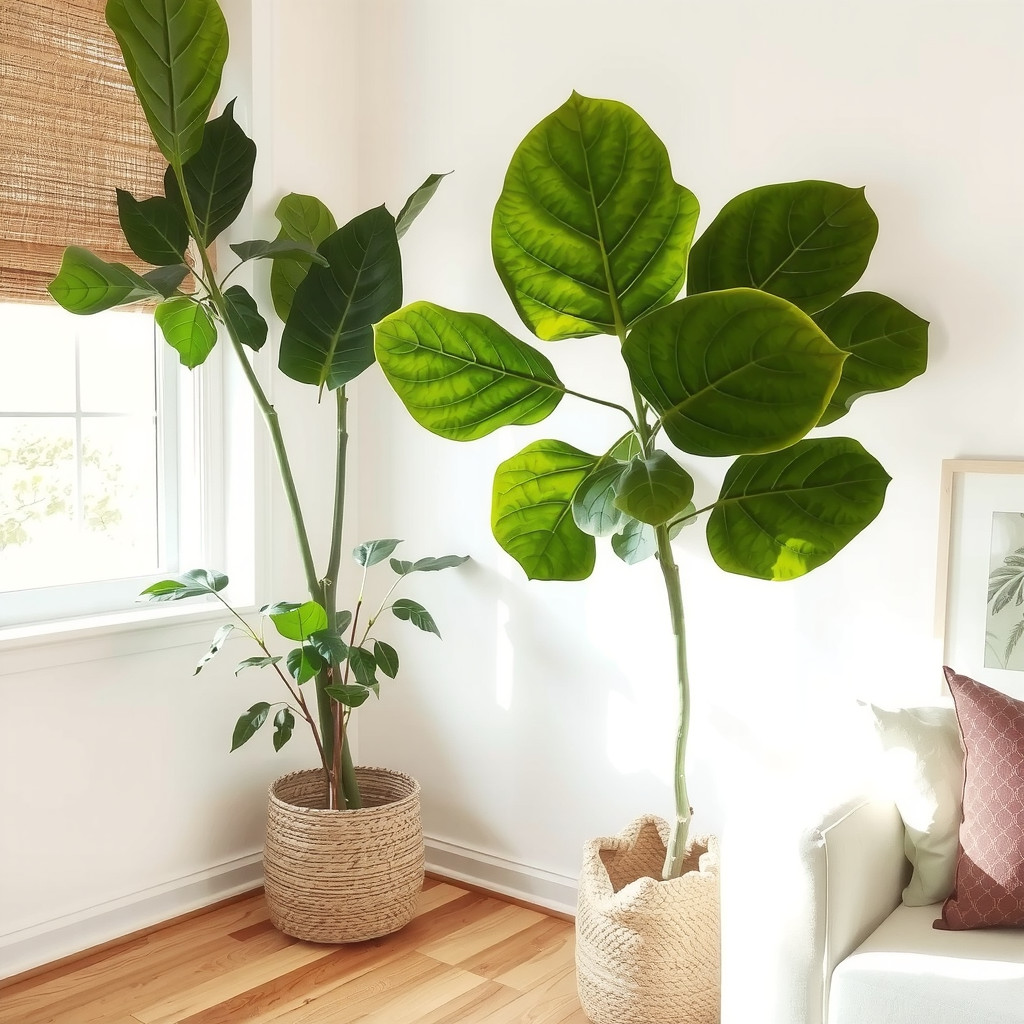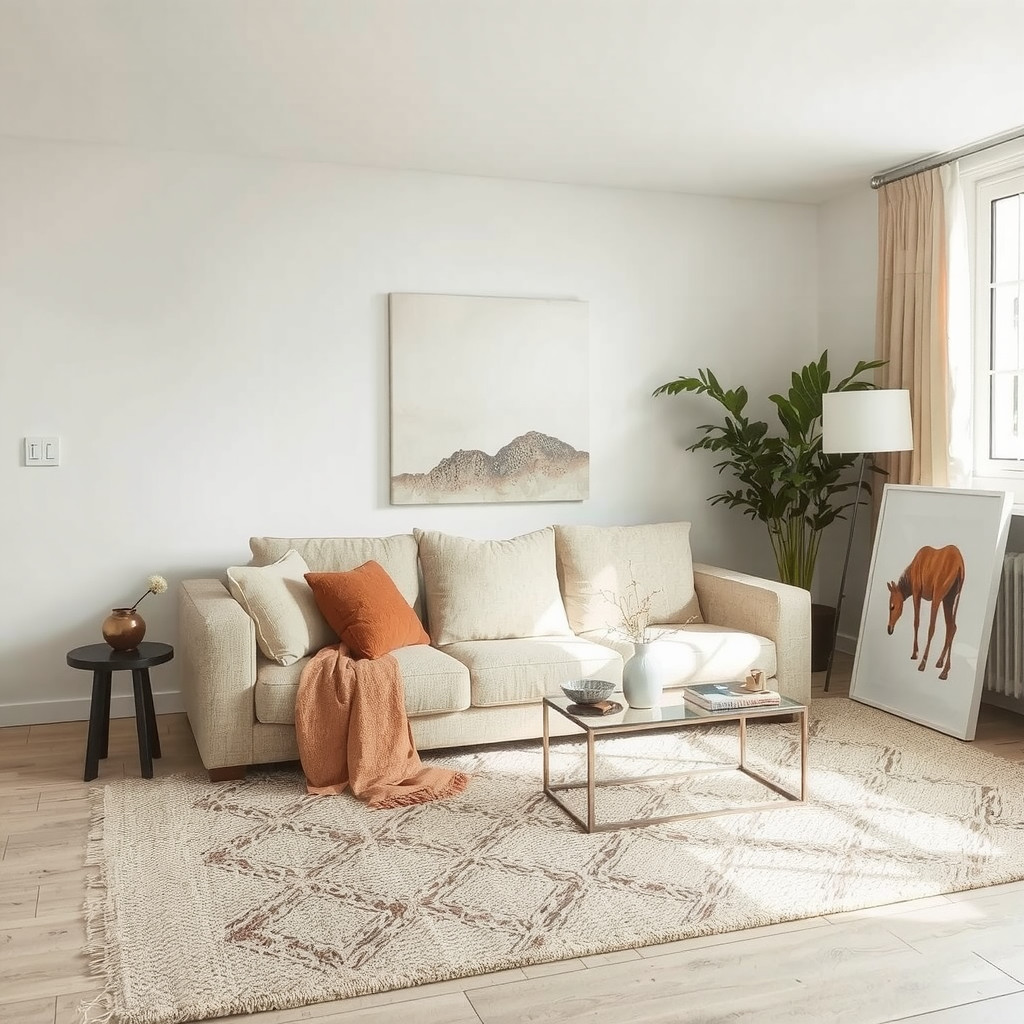ADVERTISEMENT
Introduction
You can make a small living room feel balanced without sacrificing style or comfort.
Choose a focused palette and scale furniture to the room’s everyday rhythm.
Think about flow and sightlines first, then layer in textures and light.
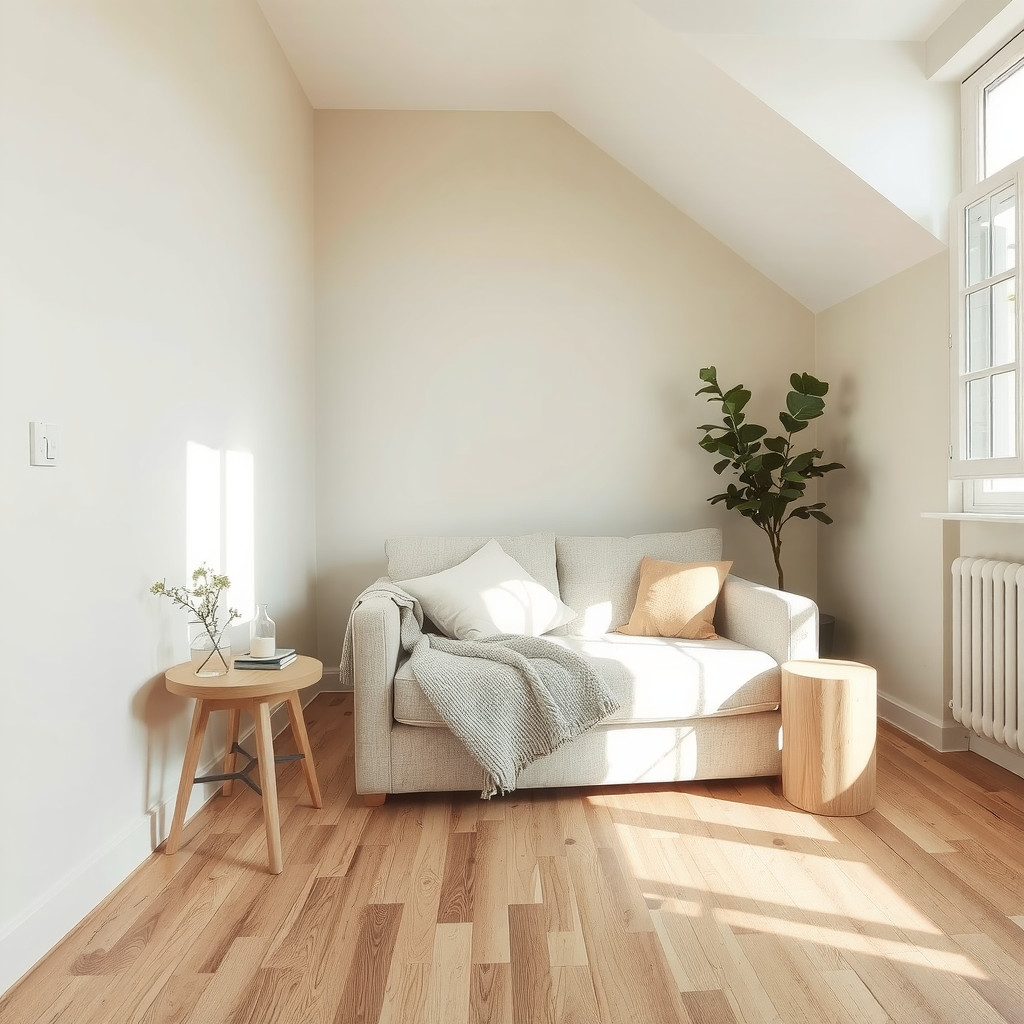
Layout and Positioning
Place the largest piece against a wall to open central floor space for movement.
Float a narrow console behind seating to create a visual divider and storage opportunity.
Choose low-profile furniture so sightlines travel across the room unobstructed.
Use rugs to anchor zones and prevent visual chaos in tight corners.
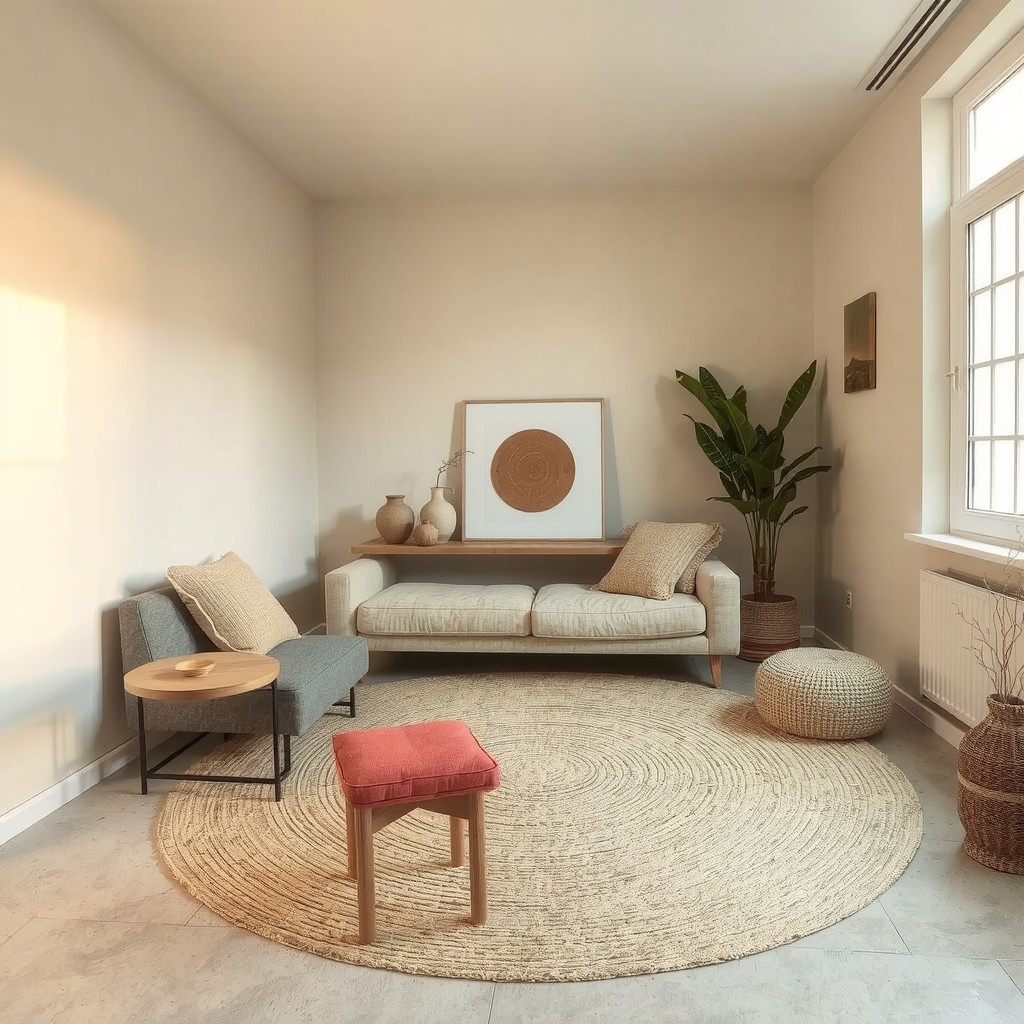
Materials and Textiles
Opt for light-reflecting fabrics like crisp linen and soft cotton weave on upholstery.
Introduce a textured rug in natural wool or jute to add warmth without weight.
Keep patterns small and sparse so the room feels serene and uncluttered.
Choose slipcovers and removable textiles to rotate colors seasonally and refresh easily.
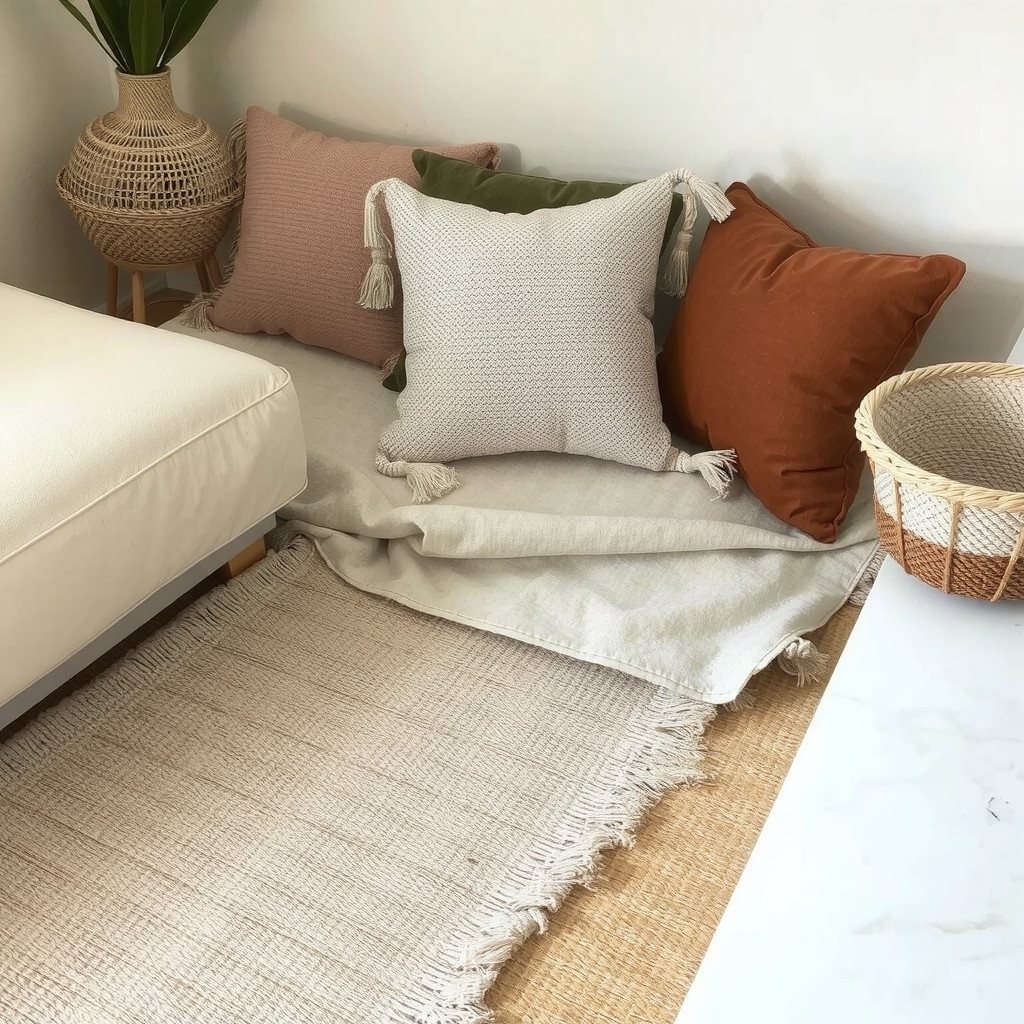
Focal Points
Create a clear focal point with a single statement piece, like an elegant mirror.
A vertical gallery or a slim shelving unit draws eyes upward, increasing perceived height.
Keep surrounding décor minimal to let the focal piece command attention comfortably.
Use mirrors to double natural light and reflect architectural interest subtly across the room.
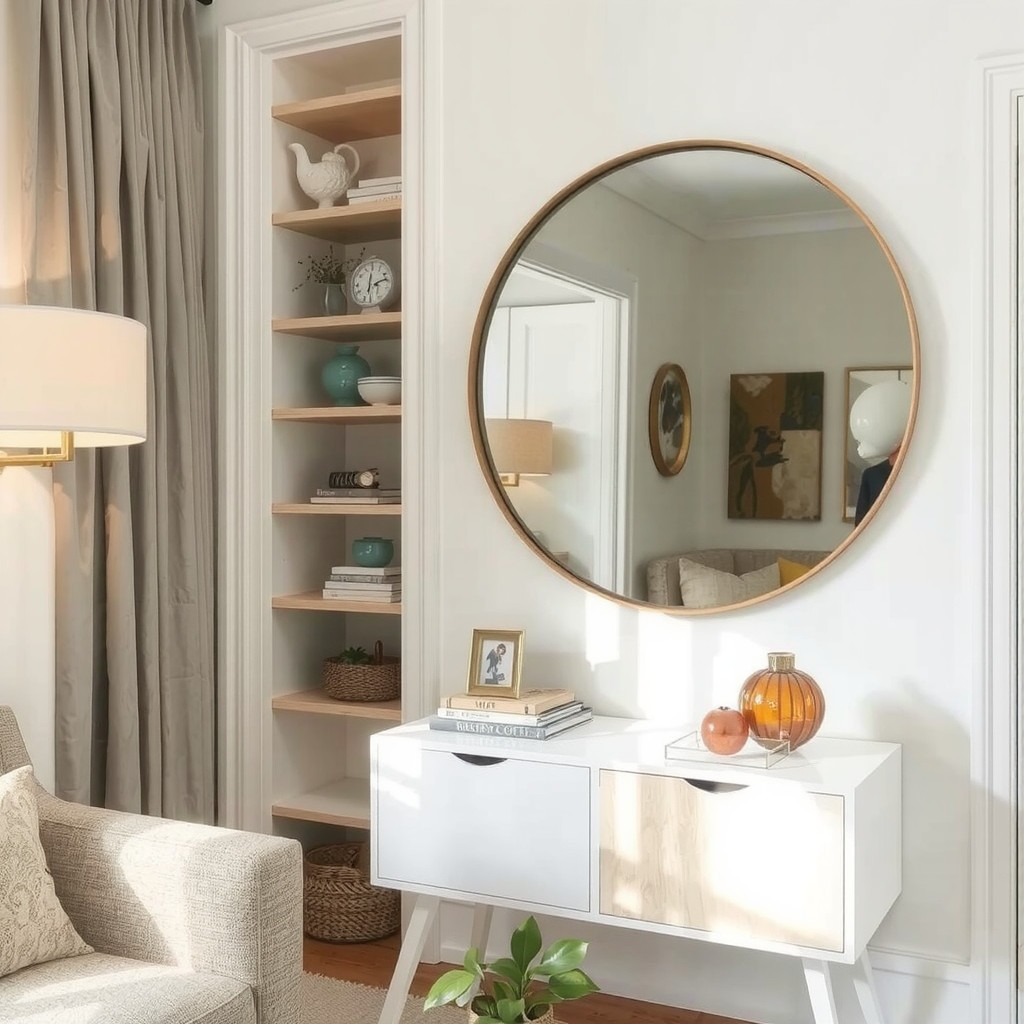
Lighting
Layer lighting using ambient, task, and accent sources to sculpt the space’s mood.
Choose slim-profile floor lamps and wall sconces to save precious surface area.
Warm LED bulbs with dimmers let you adjust atmosphere without bulky fixtures.
Position light to highlight texture, corners, and the room’s most useful areas.
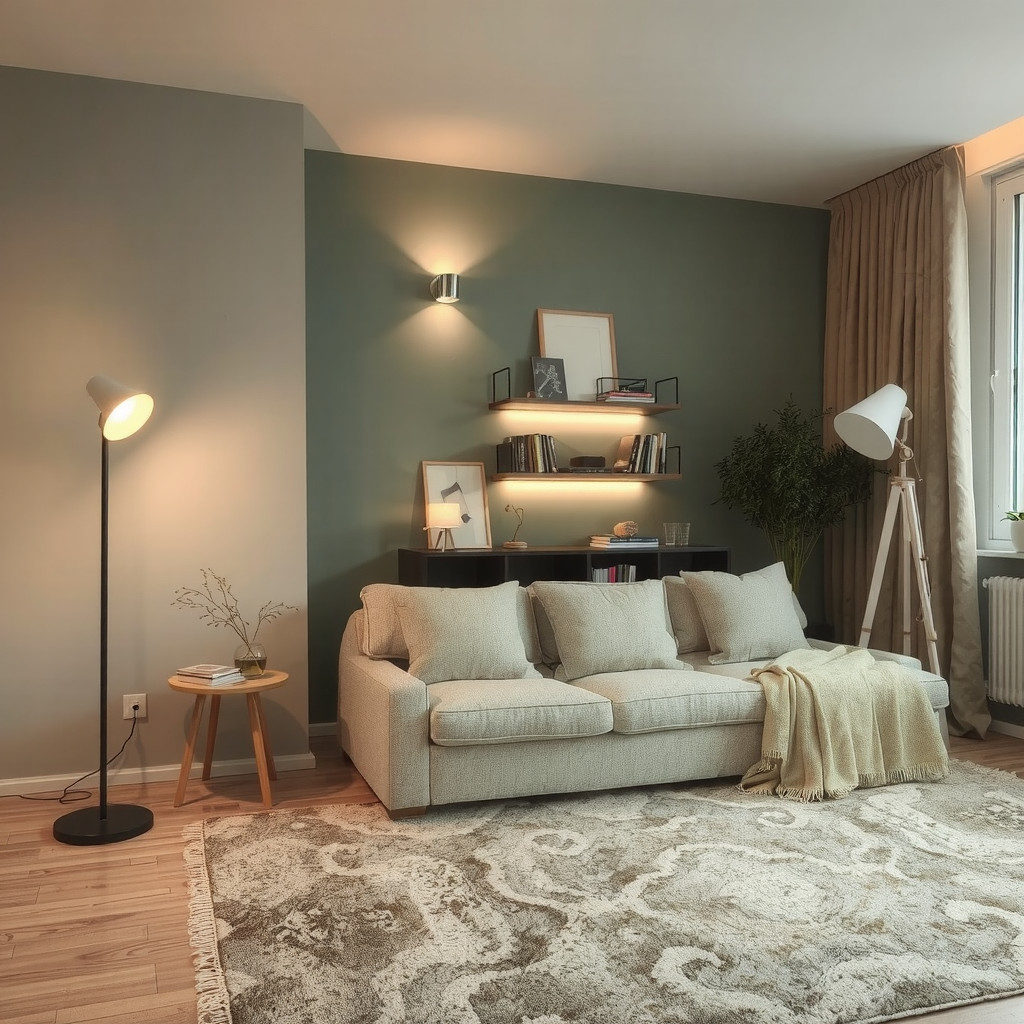
Greenery
Introduce plants in varied heights to add life and soften geometric lines.
Select compact, low-maintenance varieties like snake plants or pothos for small rooms.
Use hanging planters or narrow stands to free floor space while adding dimension.
Green leaves bring an organic color note that complements neutral palettes effortlessly.
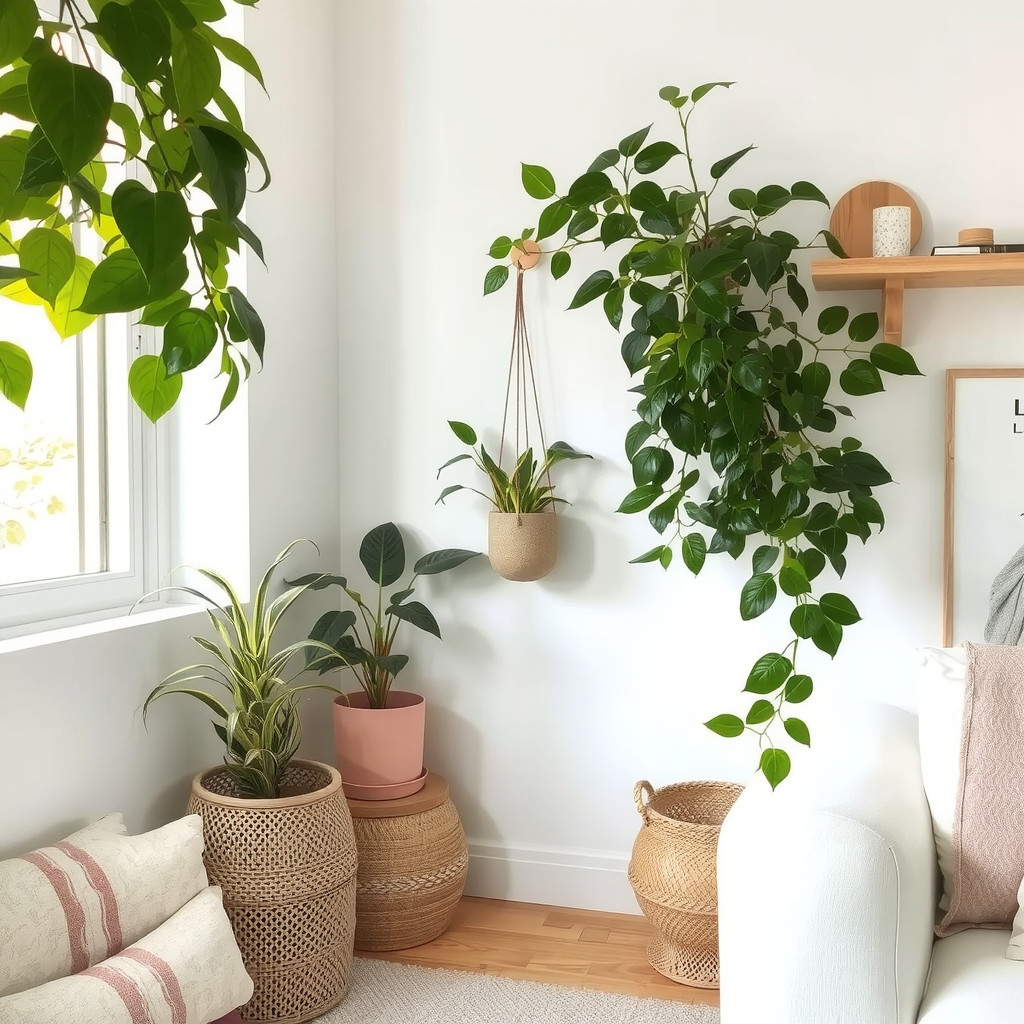
Tips
- Use multipurpose furniture, such as ottomans with storage, to reduce visual clutter.
- Choose a restrained color palette with one accent color to maintain spaciousness.
- Keep window treatments light and hung high to maximize perceived ceiling height.
- Declutter surfaces weekly so every item feels intentional and your layout remains calm.
- Arrange seating for conversation first, television second, for natural, inviting use.
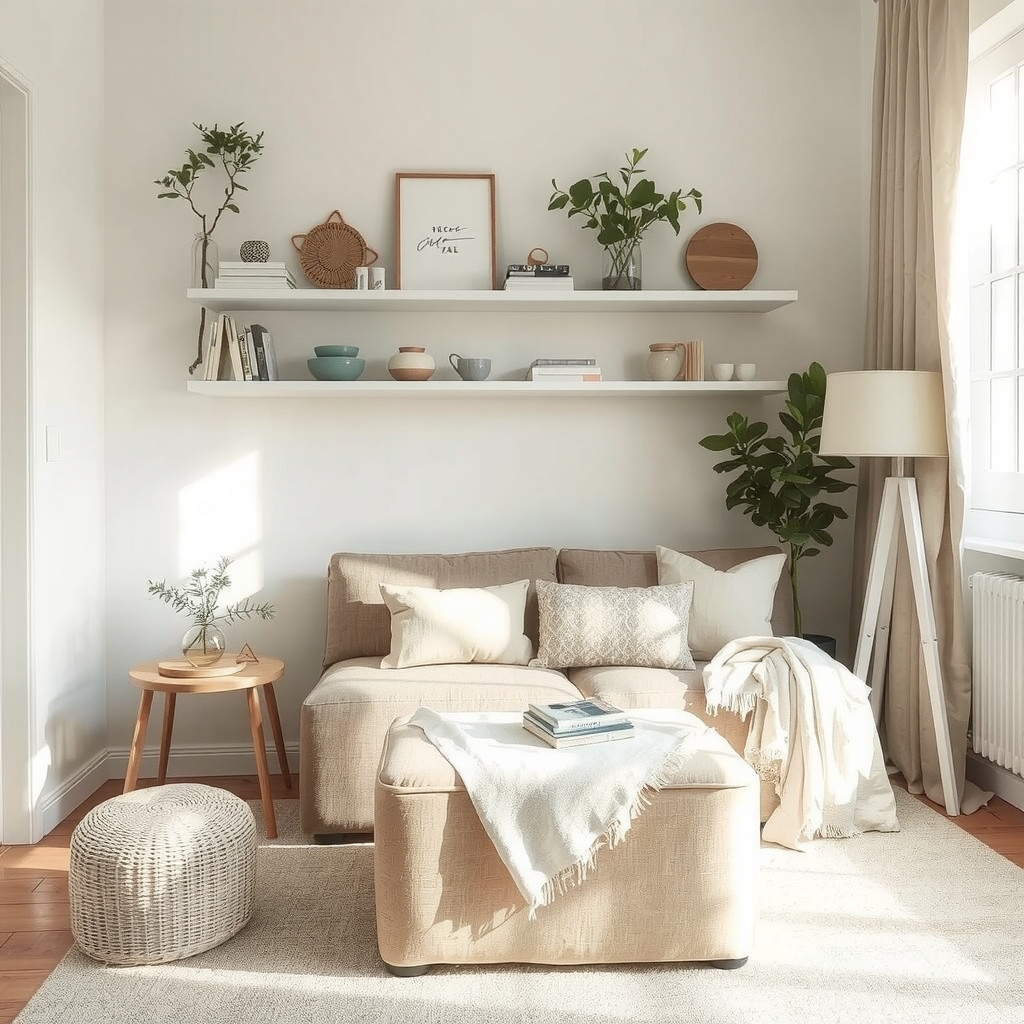
ADVERTISEMENT
